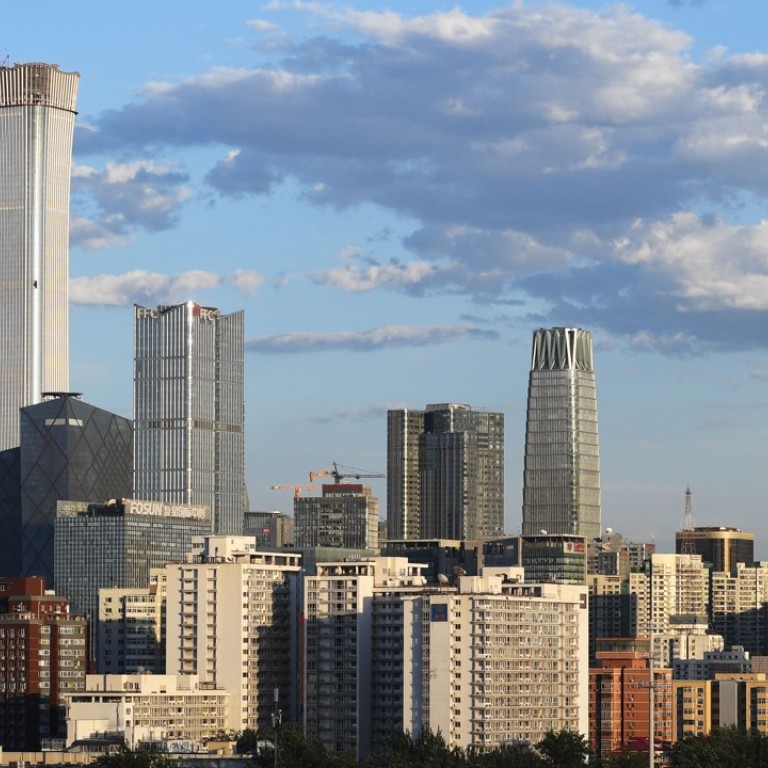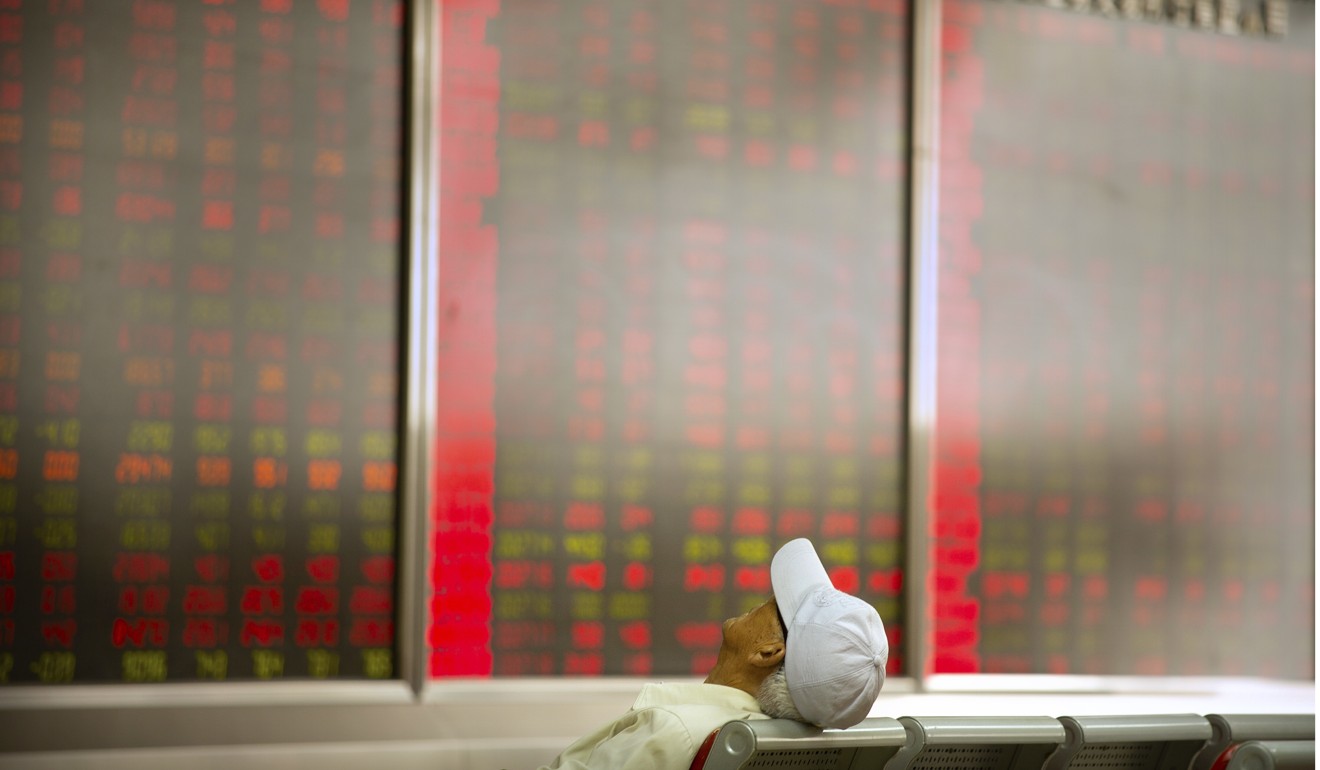
Chinese stocks post biggest weekly gain in two years
But analysts expect US tariffs and softening in domestic demand to bite hard heading into the second half. Hang Seng Index ends the week higher by 0.7pc, reversing four straight weeks of losses
Chinese stocks logged their biggest weekly jump in two years, paring the heavy losses in the past month induced by worsening US-China trade relations, as better-than-expected financial data released earlier in the week helped boost sentiment.
The Shanghai Composite Index finished on Friday at 2,831.18, down 0.2 per cent from Thursday.
For the week, the benchmark index rose 3.1 per cent, halting a seven-week losing streak and posting the best gain it has seen since early June 2016.
The Chinese stock market has been on the edge in the past two months, as trade tensions escalated between the US and China.
Still, analysts remained cautious about the economic outlook for the rest of the year, as US tariffs kick in and domestic headwinds worsen.

Official statistics showed on Friday that China’s trade surplus for June hit a record high of US$28.97 billion, as export growth exceeded expectations, while imports softened.
“Chinese exports held up well on the eve of US tariffs. But weaker-than-expected import figures point to a renewed slowdown in domestic demand heading into the second half of the year,” said Julian Evans-Pritchard, senior China economist for Capital Economics, in a research note.
“Looking ahead, we think export growth will cool in the coming months as US tariffs start to bite alongside a broader softening in global demand,” Evans-Pritchard said.
Looking ahead, we think export growth will cool in the coming months as US tariffs start to bite alongside a broader softening in global demand
Import growth is also set to slow further as domestic headwinds from property controls and weaker investment spending continue to intensify, he added.
The three mainland indices on Friday all gained: the Shenzhen Component Index, the Shenzhen Composite Index, and the start-up board index ChiNext ahead 0.6 per cent, 0.5 per cent and 0.2 per cent, separately.
Coal mining and bank shares were among the worst hit. Miner China Shenhua Energy dropped 1.5 per cent to 17.55 yuan (US$2.62), Yanzhou Coal Mining lost 1 per cent to 11.69 yuan, and Bank of China and ICBC both fell 1.1 per cent to 3.57 yuan and 55.36 yuan respectively.
In Hong Kong, the Hang Seng Index ended Friday higher by 0.2 per cent at 28,525.44. For the week, it rose 0.7 per cent, reversing four straight weeks of losses. The Hang Seng China Enterprises Index dipped 0.1 per cent on Friday to close at 10,746.45, but up 1.2 per cent for the week.
Technology stocks led the way, following their US counterparts as the Nasdaq Composite rose all-time high on Thursday.
Chinese internet conglomerate Tencent Holdings gained 0.3 per cent to HK$381.00 (US$48.54). Chinese smartphone maker Xiaomi, which debuted on Monday, soared 11 per cent to HK$21.45, compared with an offer price of HK$17. Smartphone component maker AAC Technologies advanced 2.5 per cent to HK$108.30.
Software companies Kingsoft Corp and Kingdee International Software also rose 1.4 per cent and 2.6 per cent each to HK$22 and HK$9.19 respectively.

